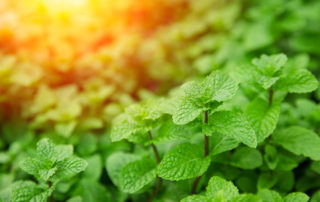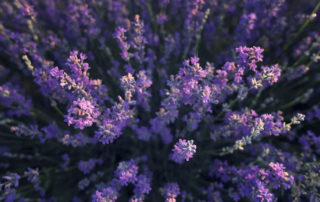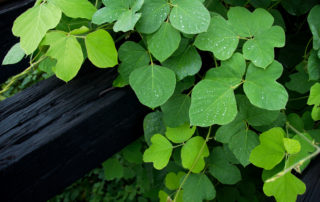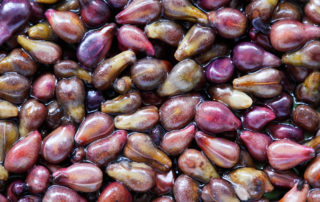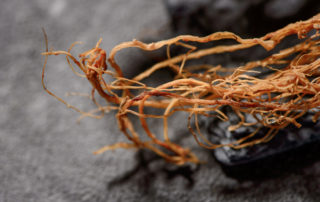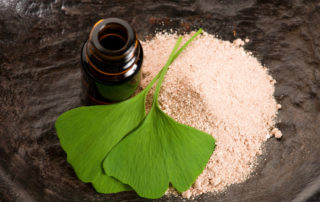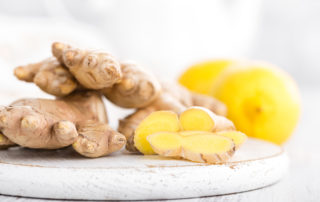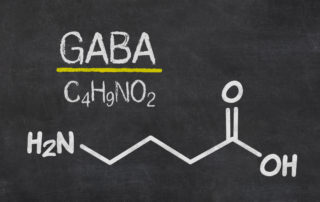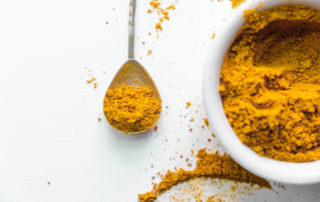Lowering Glutamate | Lemon Balm
Lemon Balm (Melissa officinalis L)- increases GABA which helps lower glutamate and establish balance between the two neurotransmitters. “These results suggest that MOE increases cell proliferation, neuroblast differentiation and integration into granule cells by decreasing serum corticosterone levels as well as by increasing GABA levels in the mouse DG.” https://www.ncbi.nlm.nih.gov/pubmed/21076869

